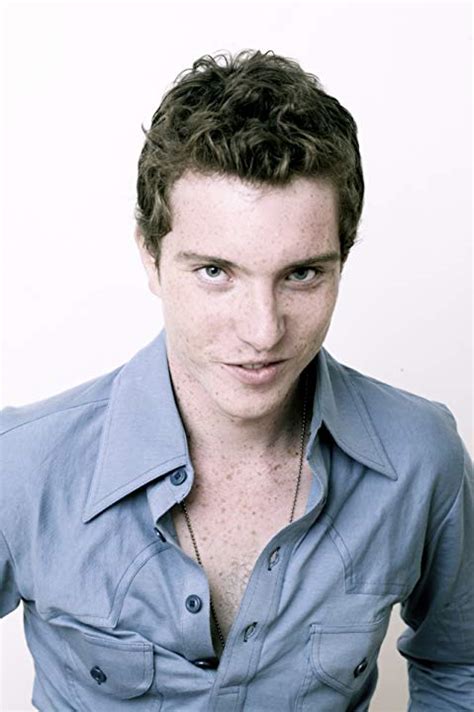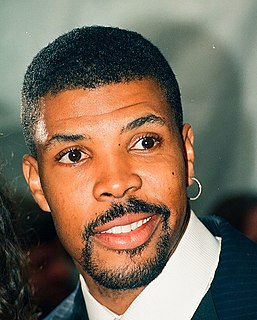A Quote by Lee Daniels
I was always intrigued with European cinema, and hated most American cinema. I didn't like the one, two, three - boom! style, with a neat and tidy ending. That was never my scene.
Related Quotes
More than my other films, Uncle Boonmee is very much about cinema, that's also why it's personal. If you care to look, each reel of the film has a different style - acting style, lighting style, or cinematic references - but most of them reflect movies. I think that when you make a film about recollection and death, you have to consider that cinema is also dying - at least this kind of old cinema that nobody makes anymore.
The scene of independent cinema is already a large scene in America, and not in a negative way, but it's cluttered. It's very populated with just American films, so the room left for foreign movies is not extremely vast. The American public also does not really read. They don't read subtitles. But we're like that in Canada, too.




































